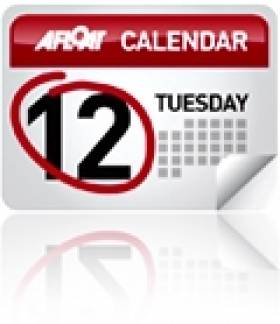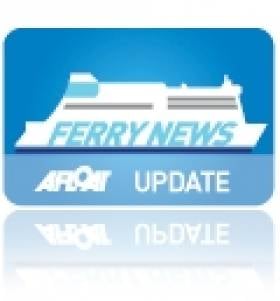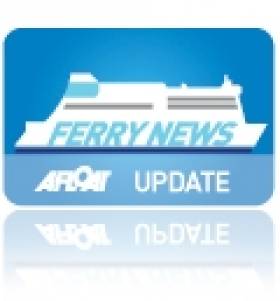Displaying items by tag: ITAA
Dublin’s turn to host Holiday World Show 2012
#DUBLIN HOLIDAY WORLD SHOW - Following Belfast's hosting of the annual travel event, the Dublin Holiday World Show starts this weekend (Friday 27th to Sunday 29th January) at the RDS Simmonscourt Pavillon in Ballsbridge.
Like its northern counterpart the Dublin Holiday World Show in association with The Sunday Times incorporates Ireland's biggest Caravan & Motorhome Show and the Over 55' Holiday Show.
With 60 countries, some 1,000 travel and tourism professionals will be ready to give advice and detailed, expert information including those representing ferry and cruise ship operators (see LIST).
Also at the show will be the free Expert Travel Clinics hosted by the renowned travel journalist Eoghan Corry who will be accompanied by leading industry experts giving talks, and answering visitors questions on topics such as cruises, travel in the Far East, African holidays, sports trips and holidays, adventure travel, Caribbean holidays and honeymoons, the US Deep South experience, as well as Home Holidays.
President of the Irish Travel Agents Association, Pat Dawson said: "The Irish holiday market is on a very sound footing. We in the ITAA see recession as an opportunity".
"Prices right now are cheaper than ever before and the exhibitors at Holiday World Show 2012 reflect what is happening in the industry, and you will get extraordinarily good value at the show."
For a list of exhibitors at the show they can be viewed HERE. Admission for children is free, when accompanied by an adult, for further details of the Dublin Holiday World Show click HERE.
Irish Ferries Win Best Ferry Company
#FERRY NEWS- Irish Ferries has won the 'Best Ferry Company' award at the Irish Travel Agents Association travel industry awards held last night in the Mansion House, Dublin.
This was the thirteenth time that the award has gone to Irish Ferries since the event started two decades ago. The award which was presented on foot of votes cast by travel agents and their staff employed throughout the island of Ireland was accepted jointly by its head of passenger sales Declan Mescall and passenger sales manager Marie McCarthy.
Thanking travel agents for the honour their decision bestows on the company, Mr. Mescall said that the Best Ferry award reflects the high standard of service which passengers can now expect from Irish Ferries.
'In addition, it recognises the numerous developments that have taken place in the company in recent times, including the introduction of class leading advances in electronic communications, the most recent being the introduction of the industry's first bookable smart phone app which was launched just months ago' said Mr. Mescall.
The award follows Irish Ferries parent company Irish Continental Group (ICG) whose Dutch based container division Eucon Shipping and Transport was awarded Short Sea Shipping Company of the Year Award 2011, sponsored by the Irish Maritime Development Office (IMDO).
Eucon operate regular feeder services to Antwerp, Rotterdam and Southampton from the ports of Belfast, Dublin and Cork.
Irish Ferries Voted ‘Best Ferry’ On the Double
At the second award ceremony, the company was again called to the podium to receive their 'Best Ferry' Company Award at the inaugural Irish Travel Awards, hosted by the Irish Travel Agents Association (ITAA). The award was voted by staff from travel agents throughout the country and the ceremony was attended by 500 guests at the Mansion House.
"Our staff can be doubly proud of their achievement – the first time that any ferry company has taken two top awards on the same day." commented Tony Kelly, Irish Ferries marketing director.
In both of the awards, the ferry company won against competition from UK and Continental ferry companies operating on services in and out of Ireland. Irish Ferries operate on two Irish Sea routes between Dublin-Holyhead and Rosslare-Pembroke Dock. In addition on the direct continental routes to France between Rosslare to Cherbourg and to Roscoff during the high season. For information about Irish Ferries logon to www.irishferries.com































































